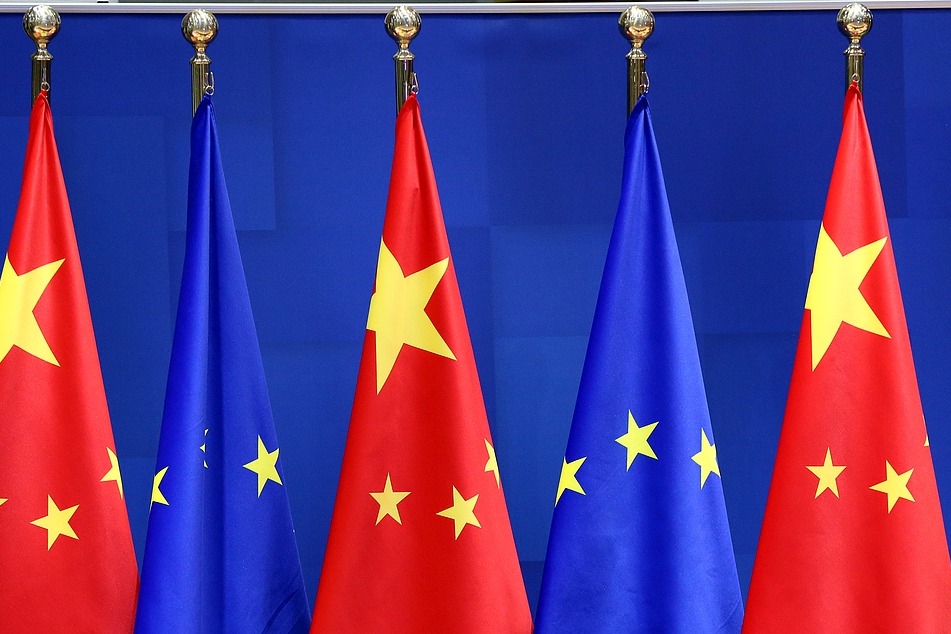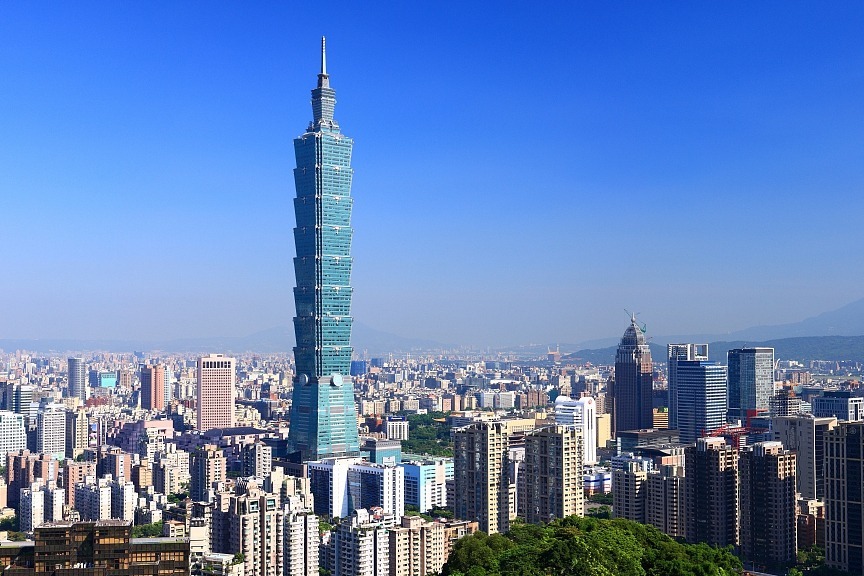Initiative points to more inclusive world order


The war against fascism in the 1930s and 1940s, which claimed the lives of tens of millions of people, led to the founding of the United Nations and the establishment of global governance and international law.
Now, at a time when global institutions are under attack, China has put forward the Global Governance Initiative.
The GGI is the latest major global initiative proposed by China. It sits alongside the Global Development Initiative, the Global Security Initiative and the Global Civilization Initiative, which together form a comprehensive framework for addressing global challenges through cooperation and dialogue.
The Global Governance Initiative clearly represents an important move in reinvigorating global governance, built around international law and practice. In a time of a growing recourse to conflict, an increased bypassing of the UN as a means of governing international relations, and the escalation of aggressive unilateral sanctions, the initiative serves both as a stimulus for renewal in global governance and as an effort to rectify these serious deficiencies.
The Global South has long been sidelined, meaning that international bodies are not reflective of fast-moving changes in the global order.
The International Monetary Fund, since its inauguration in 1946, has been led by 12 Europeans, while the World Bank, in a similar manner, has been led since 1946 by 14 men with United States citizenship. Such exclusivity is archaic in the modern world, which is greatly changed from the mid-1940s.
Decolonization has swept the world, and Western nations, particularly those in Europe, have declined, while new economic powers have risen. The West-dominated world order is undergoing profound changes.
New international organizations and networks have emerged, such as BRICS, the Shanghai Cooperation Organization and the Belt and Road Initiative.
These groupings signify a rapid move in the global order away from the unilateralism practiced by the US and its Western allies and toward a multilateral world.
The Global Governance Initiative calls for a system that better reflects the current reality, not an "overturning" of the existing global order.
The initiative calls for multilateral, just, participatory and consistent global governance.
The approach that "the strong do what they can and the weak suffer what they must" is untenable in a nuclear age. The world desperately needs more "jaw-jaw" (dialogue) rather than "war-war".
The US and its allies have built a system of international relations, or the so-called "rules-based order", which is effectively one in which it makes the rules and other countries abide by them, having little relation to international law and practice.
What's more, US policy is marked by increased disdain and withdrawal from international bodies, with growing dismissal of or active opposition to their rulings. Even the UN itself has come under attack.
Aggressive US tariff policies also break agreements on international trade that have long been worked out through the World Trade Organization.
My home country, Australia, a major exporting country, greatly benefits from global governance, which has been built around open markets. Exports are dominated by those going to China, which account for around one-third of the total.
Yet Australia has long tied itself to the US strategically.
Clearly, the US' low regard for international governance is not in Australia's economic interests. Again, Australia is caught between its long-established security partner, the US, and China, where its economic interests lie.
Australia is faced with the choice between subscribing to the Western "rules-based order" or genuine global governance under international law, and the Global Governance Initiative is throwing that tension into sharper relief.
The world, particularly the Global South, stands to benefit greatly from the Global Governance Initiative. As reinvigoration of the UN and other international bodies is underway, it is critical for us to build a world order that is more multilateral, fair and sustainable.
The author is a social commentator and historian based in Newcastle, Australia.
The views do not necessarily reflect those of China Daily.
































